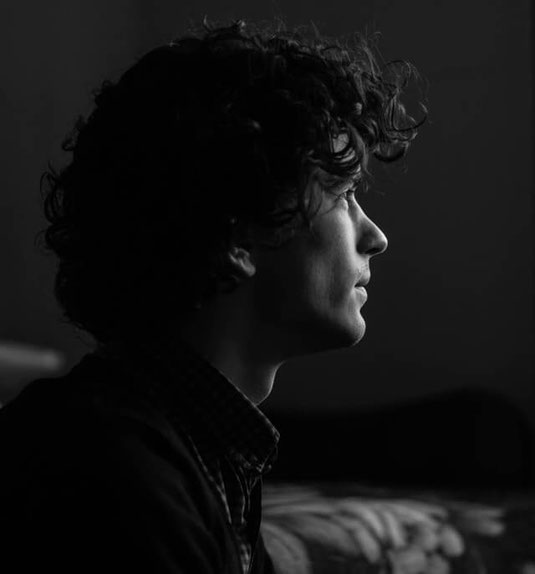
A new year can bring feelings of hope and excitement but also fear and uncertainty. Some people try to ease these feelings of discomfort by unconventional means like tarot card reading and astrology.
Cognitive behavioural therapy (CBT) stresses the importance of tolerating uncertainty and discomfort as well as cultivating a scientific, reasoned mindset that aids problem-solving. It’s hardly surprising, then, that I’m not keen on astrology and the likes. Still, although scientific evidence shows astrology doesn’t work, many people swear by it, relating how a fortune-teller made all kinds of accurate and personal predictions about them.
What’s going on in such cases? Firstly, remember most predictions made are vague and generalised. In one classic psychology experiment, students were administered a personality test and then asked to rate how well the results matched them. Unknown to the students, the test was a trick; instead of receiving individualised assessments, everyone received the same set of statements, which contained lines like ‘You have a tendency to be critical of yourself’, ‘While you have some personality weaknesses, you are generally able to compensate for them’, ‘At times you have serious doubts as to whether you have made the right decision or done the right thing’, amongst others. The average student rated its accuracy at 4.3 on a scale of 0 (very poor) to 5 (excellent), not noticing the statements were general enough to apply to most people.
FORMER ASTROLOGER

A recent article in the Guardian newspaper by Felicity Carter, a former astrologer, offers other insights into how someone can seem gifted when, well, they’re not. Much of the time, she said, people just wanted to talk and unload. The most common problems were, unsurprisingly, trouble with romance, with work, with finding the courage to make a much-needed change. ‘I heard these stories so often I could often guess what the problem was the moment someone walked in’, she said. Heartbroken young men were regular visitors. ‘Sometimes I’d mischievously say, “Let her go. She’s not worth it,” as soon as one arrived. Once I heard, “Oh my God, oh my GOD!” as an amazed guy fell backwards down the stairs.’
Sometimes, she said times, she could be “uncannily accurate” without quite knowing why, like the time a student asked if she should specialise in photography, graphic design or industrial design. ‘Do photography’, she replied. ‘How did you know?’, the student asked, explaining photography was her real love. She reflected: the student had simply sounded happier when she said ‘photography’. This happens all the time. People pick up on verbal and non-verbal cues, with each one building on the last and creating a “how did they know that?” feeling.
Ironically, what persuaded Carter to give up her job was people overestimating her abilities. Some repeat customers claimed she had made very specific predictions, of a kind she never made. It dawned on her the readings were a ‘co-creation’; she would ‘weave a story and, later, the customer’s memory would add new elements’. She tested this theory after a friend raved about a fantastic reading she’d had with a clairvoyant. The friend had a tape of the session so she asked her to play it. ‘The clairvoyant had said none of the things my friend claimed. Not a single one. My friend’s imagination had done all the work.’
This is not as surprising as it may seem. Scientific research confirms human memory is very fallible. We tend to remember the gist of an event, not the exact details, and fill in gaps in our memories with details that confirm our hunches and preferences. Much research, including a recent paper by Dr Gillian Murphy from UCC’s School of Applied Psychology, shows people are very susceptible to forming false memories.
Nor does education or intelligence protect against superstition. Carter’s customers included ‘stockbrokers, advertising executives or politicians, dealing with issues whose outcomes couldn’t be controlled. It’s uncertainty that drives people into woo, not stupidity’.
Uncertainty in life isn’t pleasant, but it’s unavoidable; better to accept it rather than seeking false certainty. Whatever challenges you are facing, it makes sense to put away the horoscopes and instead try and problem-solve them using reason and evidence.